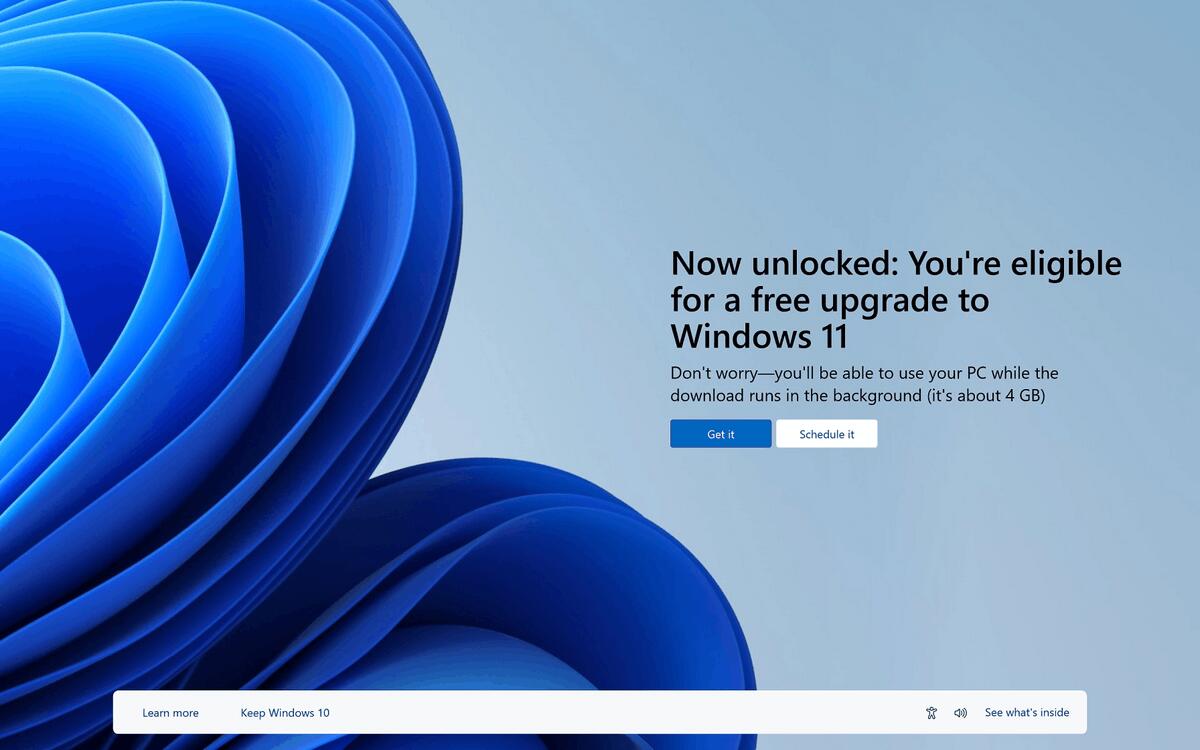As the end-of-support deadline for Windows 10 version 22H2 is coming closer, users are reporting an increasing frequency of Windows 11 upgrade prompts. Surprisingly, it appears on systems that do not meet official hardware requirements.

Multiple reports reveal that Microsoft is showing upgrade notifications to devices lacking mandatory components such as TPM 2.0. It is a core prerequisite for Windows 11. These notifications appear on both consumer and enterprise PCs.
Earlier in March 2025, an enterprise administrator reported an unapproved deployment of Windows 11 24H2 across client machines. The update, distributed via KB5053598 on March 11, bypassed internal WSUS policies that regulate patch deployment. So Windows 11 was installed without a confirmation on several Windows 10 devices.
A more recent report comes from a user with a Lenovo IdeaPad S145-15IWL (2020 model), which runs Windows 10 22H2. The device owner had previously disabled TPM 2.0 in UEFI settings, a commonly recommended step to prevent automatic upgrade eligibility. Despite this configuration, the system received a formal upgrade offer to Windows 11 24H2. BornCity is familiar with the situation.
The user criticized such move as an overreach. They instead expressed an intention to go with a non-Windows OS. While the upgrade was ultimately declined, these upgrade offers raise a question regarding the reliability of hardware-based opt-out methods Microsoft use.
Support us
Winaero greatly relies on your support. You can help the site keep bringing you interesting and useful content and software by using these options:

Honestly, I wish they offered it to 6th and 7th gen Intel CPUs that have the TPM 2.0.
so do i
Welp, it just reminds how M$ forcedly upgrade Windows 7 and 8.1 users to Windows 10 without their consent, some its not working even the time they still got supported.